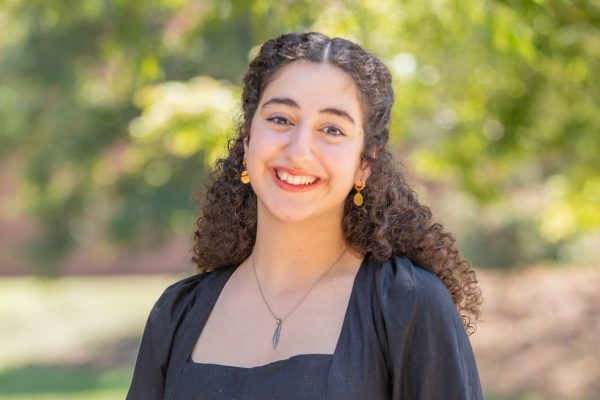For the president and vice president of the Wichita State shooting team, the lesser-recognized sport provides a safe place to practice the hobby. Tyler Bayliff, team president, and Kolton Varner, team vice president, value their experience on the shooting team and hope to express what the sport really means to the rest of campus.
“A lot of people think it’s just a bunch of rednecks going out there and just shooting pop cans off fence posts, things like that,” Varner said. “But it’s so much more than that.”
Originally from rural Arkansas, Varner said shooting has been a hobby for the majority of his life. Being on the shooting team in college allows him to maintain a connection to his roots despite living in an urban area.
“From being a country kid being able to go outside and ride my dirt bike, ride the four wheelers, go shoot my bow, to coming to Wichita and living on campus, I don’t feel like I have that same kind of freedom,” Varner said.
Varner also values the accessibility of the shooting team, which covers the cost of travel fees and ammunition. According to Varner, members are only required to pay a registration fee of 50 dollars a year and cover their own food on trips for competition.
“Shooting is a pretty expensive hobby,” Varner said. “I don’t break the bank just because I like doing something.”
This year’s team leaders aim to improve strength and morale with game nights and sports watch parties.
“Honestly, some of the best friends I’ve ever made have been on this team,” Bayliff said. “And it changes a lot, but there’s always a bunch of awesome new faces to meet.”
The team hosts practice at Ark Valley Gun Club three times a week and competes about once a month in Kansas and surrounding states. According to Bayliff, a healthy team dynamic makes practice and competition easier.
A “pillar” for Bayliff and Varner’s team is safety. The team has multiple rules in place to ensure members are safe and comfortable on and off the shooting range.
Those interested in joining must already legally own a firearm to qualify for the team, and equipment is never housed on campus.
“Another process that we have for keeping everybody safe is at any moment during the range anytime whether you’re spectating the competitor, actively shooting or (judging), anybody can call a ceasefire if they see something going wrong,” Varner said. “And then we address it right then … everything stops.”
Varner said that prioritizing safety is how the shooting team keeps their reputation ahead of them and dismantles misconceptions that other students may have about them.
“It’s not all about going out there and shooting things, destroying things,” Varner said. “It’s more about honing a skill that is very useful to have.”





